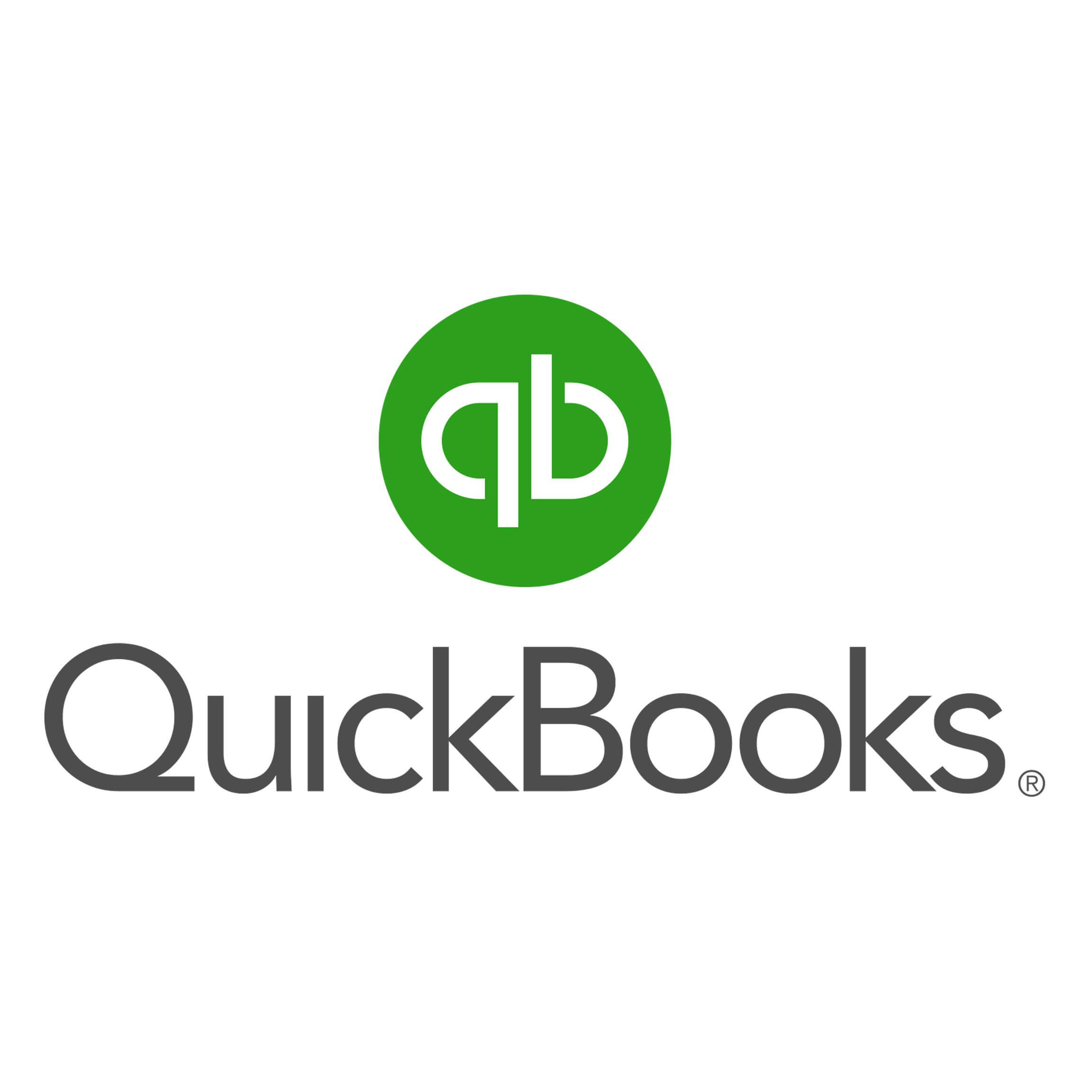Innovation, such as QuickBooks, has revolutionized traditional accounting procedures. The greater emphasis on automation of various processes has enabled a real-time exchange of information, increased mobility via remote access to information, and greater autonomy for business owners who are now less dependent on their financial advisors. This is because automation has made information easier to comprehend. Following the advent of accounting software like QuickBooks, traditional, manual bookkeeping is now more interactive and user-friendly.

Why Not QuickBooks Desktop?
QuickBooks Desktop was introduced during the 1990s and was welcomed by many businesses to simplify their accounting procedures. Despite its various features allowing for greater customization in terms of tracking expenses, sales, and generation of budgets and reports, this desktop version has been outdone in terms of performance by QuickBooks Online. The reasons that led to a decline in its popularity and the necessary upgrade to a newer version are as follows:
- Single-user mode has been an obstacle for many businesses that require multiple user scenarios within the company. It always obstructed the user’s access to the desktop system. Single-user mode only allows one individual to log into and work on the system. Multiple-user mode is necessary for businesses today, owing to their virtual transcendence and the need to have real-time access to data remotely.
- Another issue businesses faced using QuickBooks Desktop was the disruption caused by the annual upgrade. This update cost the business additional money and caused system disruptions.
- In addition, any disruptions caused by the system upgrade had to be managed through paid support. This version of QuickBooks does not come with free support. Instead, it must be paid for, which is an additional cost for the business.
- Furthermore, installing upfront software onto the server has been boisterous for businesses. The 21st century is marked by cloud-based tools to share resources and information in real time. The use of an installed system seems obsolete in the present era. This will most likely encourage the movement from QuickBooks Desktop to QuickBooks Online.

Why QuickBooks Online?
With the introduction of a newer version, businesses have switched to this online version of the software. The additional benefits derived from this upgraded version are as follows:
- QuickBooks Online allows for a multiple-login mode, whereby up to 5 users can access the interface from any remote location via any internet-enabled device, including a PC, Macbook, or Tablet.
- Another benefit of switching over to this version has been increased automation. Invoice scheduling, connecting to online applications, and online hosting phone support have all become available with this newer version.
- Moreover, QuickBooks Online allows for automatic downloading of all business transactions, a feature missing in QuickBooks Desktop.
- The cloud-based online presence of information and resources has allowed businesses to move over to this version, thereby enabling virtual transcendence across the globe.
- Unlike the desktop version of QuickBooks, software upgrades are provided free of cost. The latest updates on products and features are also built into the system, requiring no additional cost.
- Lastly, another critical reason for this upgrade has been the cost savings through the QuickBooks Online version, which demands a monthly subscription relative to the annual payment required for the desktop version. In addition, no software installation is required, and an internet connection is all you need to start its 30-day free trial.
As a result of the upgrade in its various features, QuickBooks Online has captivated the attention of most businesses that are now switching over to the more flexible and mobile version of QuickBooks.

Conclusion
In conclusion, the evolution of accounting software like QuickBooks has transformed traditional accounting practices. While QuickBooks Desktop was once popular, its limitations led to the rise of QuickBooks Online, offering enhanced features, flexibility, and cost-effectiveness. The shift to cloud-based solutions reflects the growing need for real-time data access and collaboration.
Businesses now benefit from improved automation, multiple-user access, and seamless updates, ultimately empowering owners with greater control over their financial management processes. As technology advances, embracing innovative solutions like QuickBooks Online remains vital for staying competitive in today’s dynamic business landscape.
 About Complete Controller® – America’s Bookkeeping Experts Complete Controller is the Nation’s Leader in virtual bookkeeping, providing service to businesses and households alike. Utilizing Complete Controller’s technology, clients gain access to a cloud platform where their QuickBooks™️ file, critical financial documents, and back-office tools are hosted in an efficient SSO environment. Complete Controller’s team of certified US-based accounting professionals provide bookkeeping, record storage, performance reporting, and controller services including training, cash-flow management, budgeting and forecasting, process and controls advisement, and bill-pay. With flat-rate service plans, Complete Controller is the most cost-effective expert accounting solution for business, family-office, trusts, and households of any size or complexity.
About Complete Controller® – America’s Bookkeeping Experts Complete Controller is the Nation’s Leader in virtual bookkeeping, providing service to businesses and households alike. Utilizing Complete Controller’s technology, clients gain access to a cloud platform where their QuickBooks™️ file, critical financial documents, and back-office tools are hosted in an efficient SSO environment. Complete Controller’s team of certified US-based accounting professionals provide bookkeeping, record storage, performance reporting, and controller services including training, cash-flow management, budgeting and forecasting, process and controls advisement, and bill-pay. With flat-rate service plans, Complete Controller is the most cost-effective expert accounting solution for business, family-office, trusts, and households of any size or complexity.



